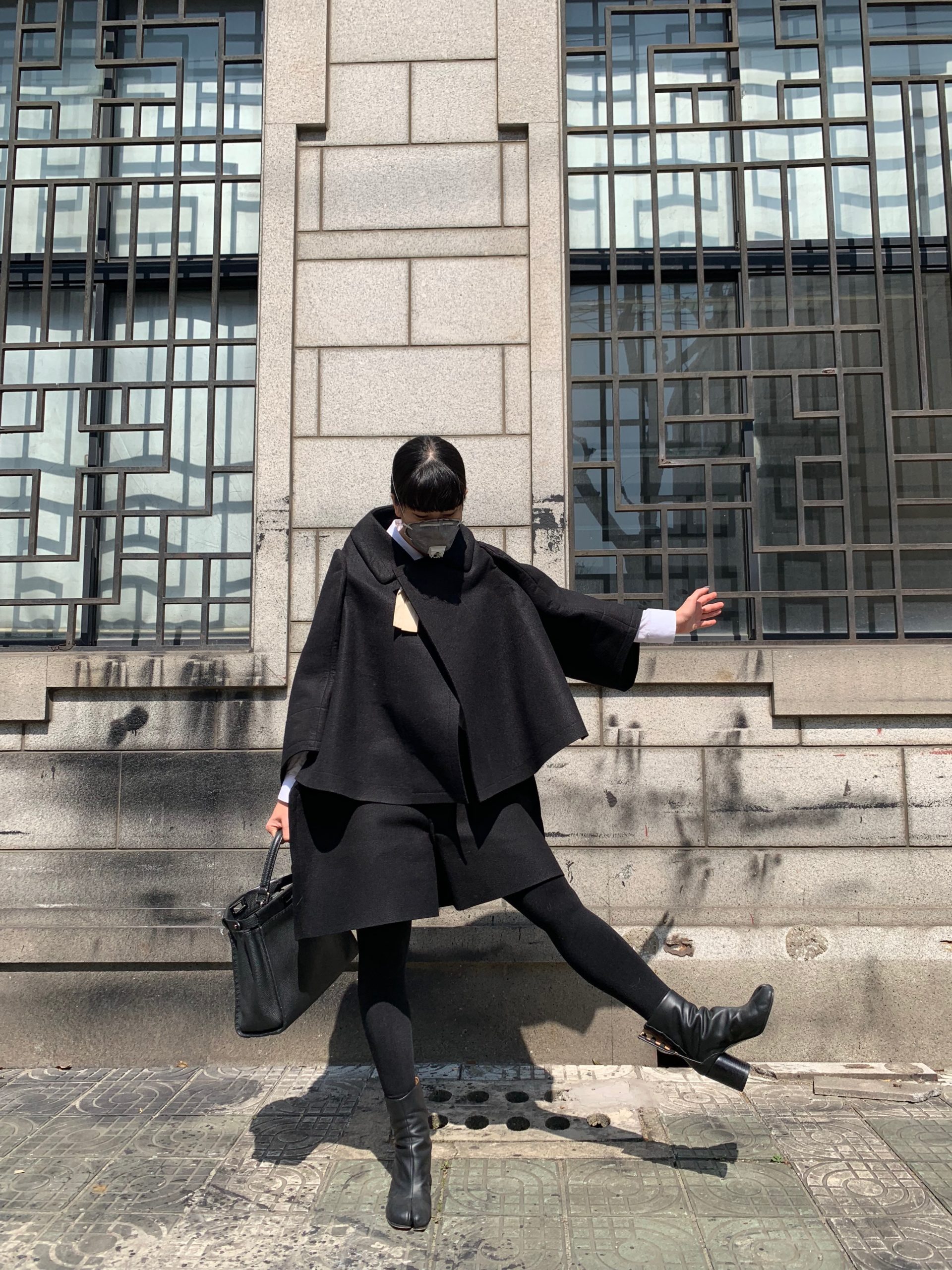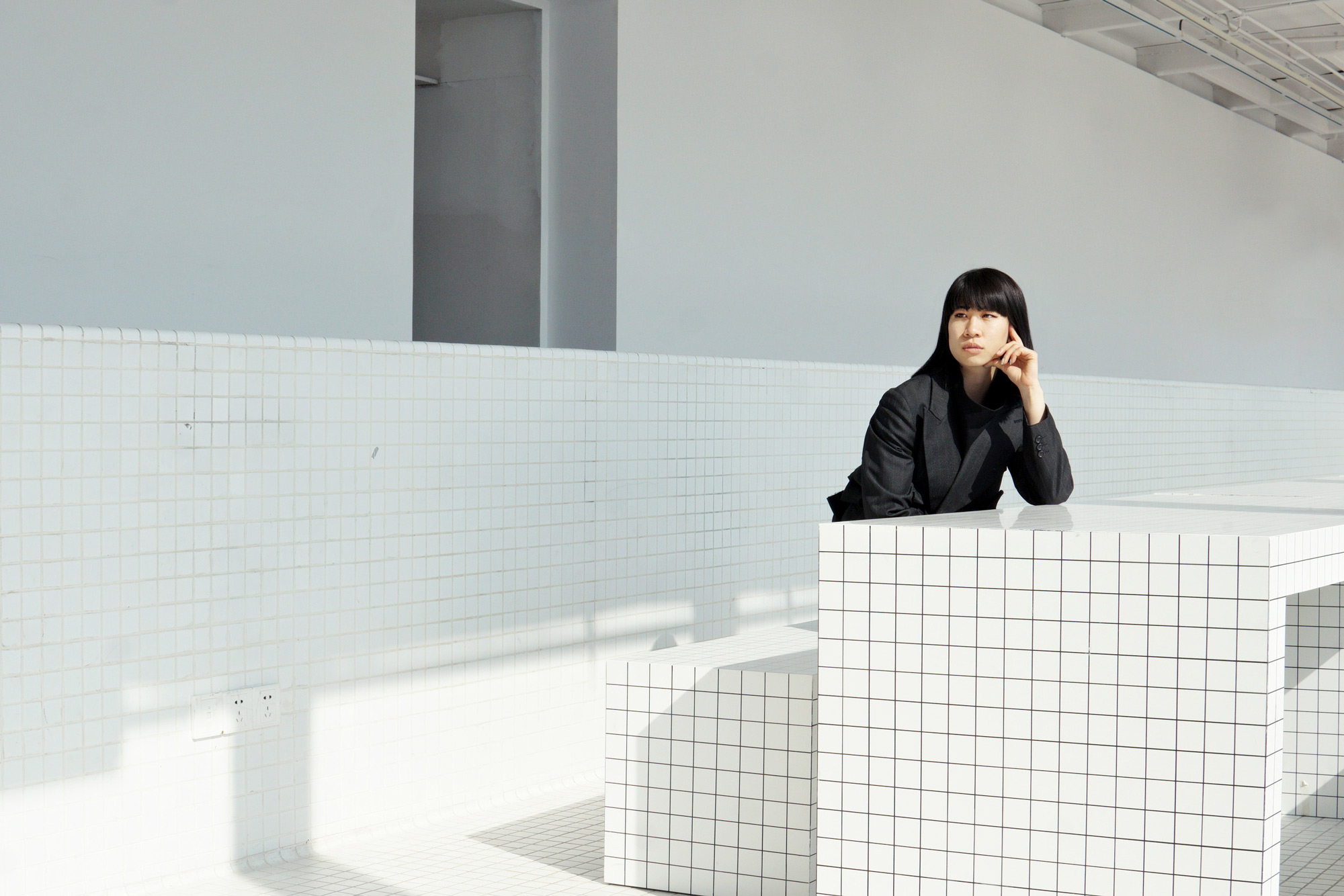In late February, Pudong airport was operating as usual despite the lower volume of traffic. The only difference I noticed is the presence of a few staff here and there decked in hazmat suits. The immigration queue for foreigners was almost nonexistent; the baggage came quickly. Well this has been a lot smoother than the usual Chinese airport experience. I was hoping to not see ‘black cab’ touters. However I was disappointed to hear “taxi?” greeting me in the arrival hall. No epidemic was going to stop them from making money illegally.
The taxi queue was also unusually short. A twenty-minute wait was the norm, ten minutes miraculously fast. This time it took two minutes. I hopped into a cab driven by a middle-aged uncle. Late 50s? I couldn’t quite tell. Having established where he should take me to, he told me that he had been queueing since 7 pm the night before. That was over 20 hours of waiting. For a single fare.
We spoke at length about the situation on the ground. On average, he managed to get four or five fares, amounting to a third of what I would be paying to him at the end of the ride. Despite seeing his daily income plummeting to almost nothing, he was not bitter nor pessimistic.
His steadfast faith in the government’s ability to contain the situation kept him in good spirits. He spoke proudly of the hospitals being built in a fortnight; of the government’s ability to lock down a city swiftly to protect the rest of the nation. He remained in good spirits.
Taxi drivers in China are often the most politically-gossipy bunch of people I have ever met. They love chatting with their customers and also with their fellow cabbies in their WeChat groups. In terms of demographics, they belong to the lower income class with little or no tertiary education. Cab drivers are avid listeners of the radio, so they absorb much of the media espoused by the government. Many are educational programs, such as ancient history of the world. More often than not, they’d be listening to local news and call-in chat shows where listeners ask for advice for everyday life issues. In many ways, cab drivers provide a snapshot into the mentality and behaviour of the working class.
When times were good, cabbies’ complaints would usually range from personal family issues to how their local governments were failing them. Not this time it seemed.
It would have been easy to blame everything on the ‘evil’ ruling party. But this good versus evil trope only exists in Disney movies, and – these days – American politics. The problem stemmed from human nature and culture of bureaucracy unique in the Mainland. Despite witnessing it many times, I didn’t have a name for it, until I read this eloquently-written essay. It’s called ‘throwing woks’.
Throwing woks is an art you need to understand if you want to get things done in China. Whether you’re building an airport, applying for a research grant or inviting a foreign national to give a talk, you have to fill in so many forms, and get approval from so many departments with all their competing demands, that you risk getting trapped somewhere in the middle: whichever way you turn you risk causing upset or offence in one quarter or another. In the workplace too, a step in the wrong direction can provoke a superior and ruin a career, so that sometimes it’s wisest to do nothing at all. Until a virus strikes, that is.
Wang Xiuying – The Word from Wuhan
Under a centralised bureaucracy, civil servants would prefer not to stir up the pot so that they don’t get the heat from senior officials if something goes wrong. The lower officials would have to wait for orders from the top before taking any drastic measures. In this instance, it led to a series of bad judgement calls. First by ignoring grave warnings. Next by waiting for the capital – who is hundreds of miles away at the north – to provide instructions while the virus spread unchecked.
Yet it is also the might of a centralised government that cut off an entire province to protect the rest of the country, when they finally grew impatient with bureaucratic inefficiencies. The cart had to hit fifty million people so the other 1.3 billion could have a higher fighting chance.
People were instructed to hunker down, remain calm at home and perform their civic duties in order to fight the epidemic. Censorship bureau constantly reminded the general public to follow the rules like wearing masks in public. Masks may not fully protect the wearer, but they are effective in minimising the spread of the virus through saliva and nasal droplets. In other words, you have to do your part to protect others.
Amidst continuous reports of cases and deaths, news channels and social media blasted stringent government measures, heroic medical efforts and heartwarming coping strategies. There was room for anger, but not the kind that demanded freedom of speech. Tragic, depressing anecdotes were swiftly wiped out.

We often think that government propaganda causes harm because it exaggerates the positives and hides the negatives. Often partial transparency evolves into outright lies. But in this instance, it has narrowly avoided mass hysteria, given hope for people to carry on with their lives as much as possible, encourage them not to despair, and build a community spirit to stay strong together.
In dire situations like this, do we hold on to our ideals that insist on the truth and nothing but the truth? Or be adaptable and utilitarian in our expectations, especially in such a large nation of close to 1.4 billion people?
Western media painted an apocalyptical scene of China. As I crossed the city on my way home, traffic volume was down, but not absent. I enjoyed not being stuck in a traffic jam for once.
As of late February, most people were staying home even if they could go out, occupying themselves with online activities since there was nowhere to go. You could hear the neighbours kids having their PE lessons with all that jumping. Mails, couriers and food deliveries were operating normally. Temperature checks were mandatory at the entrance to every neigbourhood.
While white collar workers were mostly guaranteed their incomes during this period, migrant workers were not as lucky. They had been turned away from Shanghai as there was no employment during this period. It’s always the low-income working class that suffers the most.
And the cab driver? He offered to stop at the supermarket so I could get necessities, just in case I had to isolate myself for two weeks (it turned out I didn’t have to). He said that since I have no family here, it was the least he could do to help. And yes he paused the meter.
Maybe it takes a disaster for kindness to rear its head. Regardless, I felt grateful for the compassion shown by someone struggling harder than I was. It is not the kind of story I can tell often, but when it happens it chips away the bitter cynicism one develops in a dog eat dog world.





Really nice read. Inspiring and informative. Although the mass hysteria has been troublesome, the kindness and tenacity that I have seen really has shown me a side of the country that I’ve never seen before.
Will love to read part two